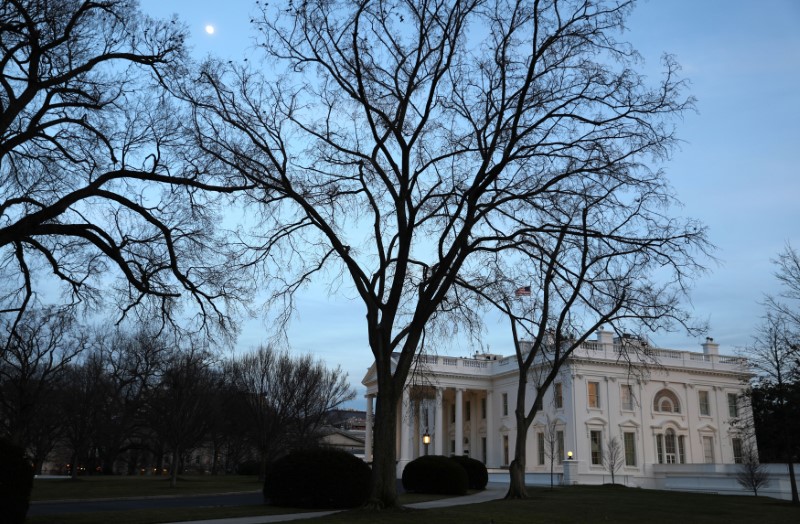Discussing 3 election outcomes: Good, bad and ugly for US markets
Investing.com -- In a recent note, Sevens Research outlined three potential election outcomes for U.S. markets, labeling them the "Good," "Bad," and "Ugly" scenarios.
The firm focused on the likely market reactions, emphasizing that outcomes hinge on investor perceptions of policy rather than political affiliation.
The "Good" outcome, according to Sevens Research, would be a Republican sweep, with Republicans taking the White House and both chambers of Congress.
They explain that in this scenario, analysts predict an "acceleration of the rally into year-end," driven by pro-growth policies such as deregulation and tax cuts, which could boost corporate profits and consumer spending.
The firm believes the S&P 500 could break through 6,000 before the end of the year, with small caps, industrials, banks, and energy stocks outperforming. Sevens suggests that all 11 S&P sectors would likely gain as cyclicals, value stocks, and smaller companies lead the market upward.
As per Sevens Research's analysis, the "Bad" scenario entails a split government, where each party controls at least one branch.
Sevens Research expects this outcome to allow the rally to continue, albeit more slowly, into the new year, with "no new positive catalyst" but also no added policy risks.
They believe the removal of political uncertainty could support a steady drift higher, underpinned by solid economic growth, Federal Reserve rate cuts, and declining inflation.
Finally, the "Ugly" outcome — viewed by the firm as a Democratic sweep— could trigger a market pullback, according to Sevens.
They note concerns about increased regulation and higher corporate taxes would likely lead to a selloff of 5-10%.
Sevens Research suggests that defensive sectors like healthcare and utilities would outperform, while cyclical sectors could lag as investors recalibrate expectations under a potentially less business-friendly administration.
Overall, Sevens concludes that while a Republican sweep may offer the most short-term upside, any outcome will bring new market risks into 2025, particularly as Washington confronts fiscal challenges.
Source: Investing.com
